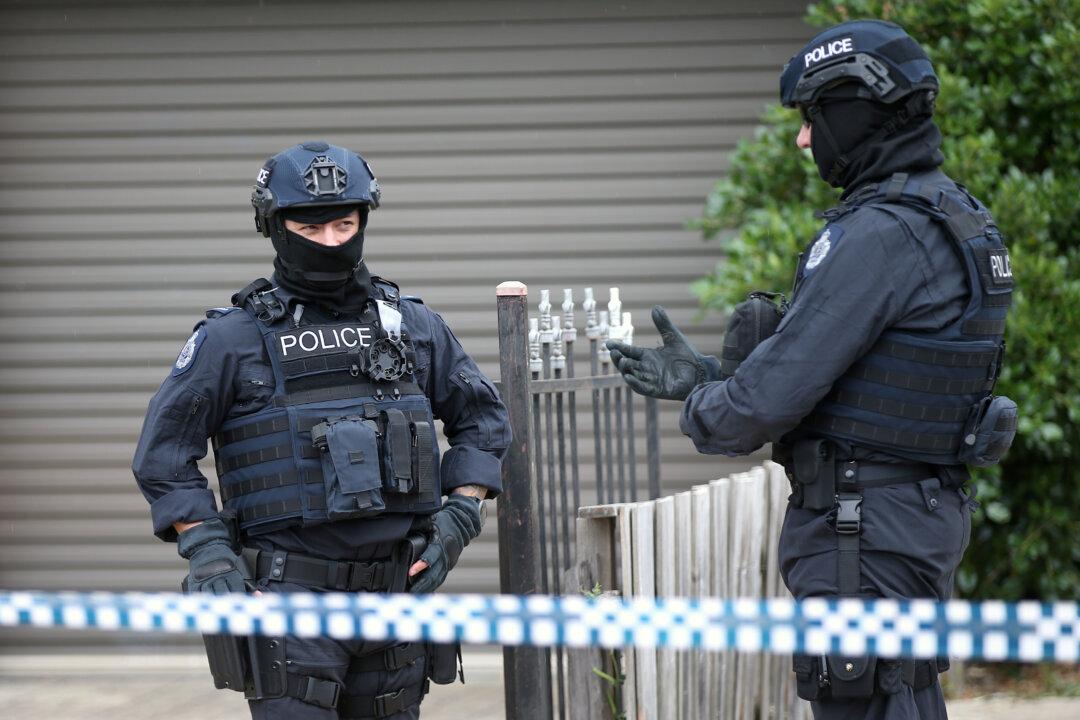There was insufficient cause for Parliament to rush through laws that allow the government to strip citizenship from dual nationals convicted of certain offences, says Professor George Williams
A Senate Committee is hearing submissions on the Australian Citizenship Amendment (Citizenship Repudiation) Bill, which was urgently passed last year when the High Court ruled that indefinite detention of detainees was illegal under the Constitution.





